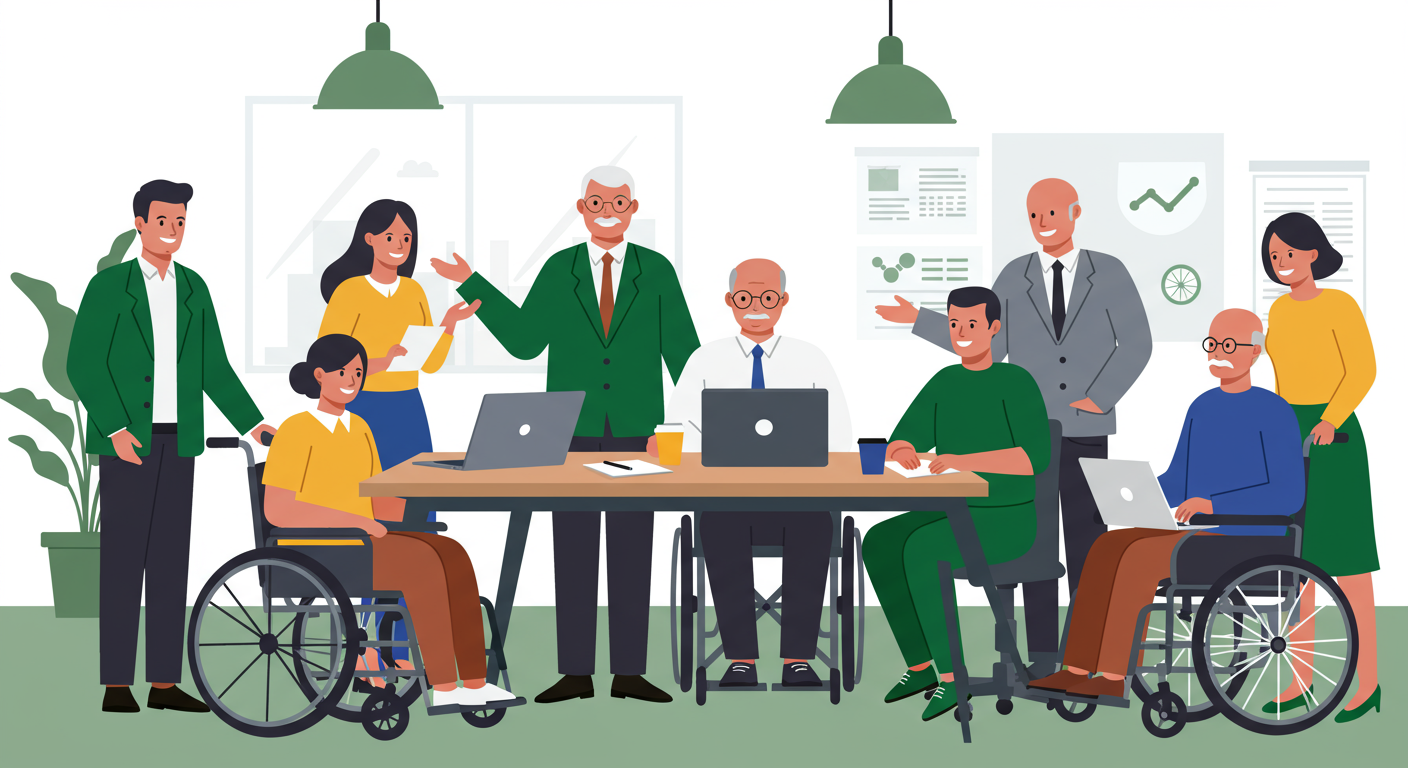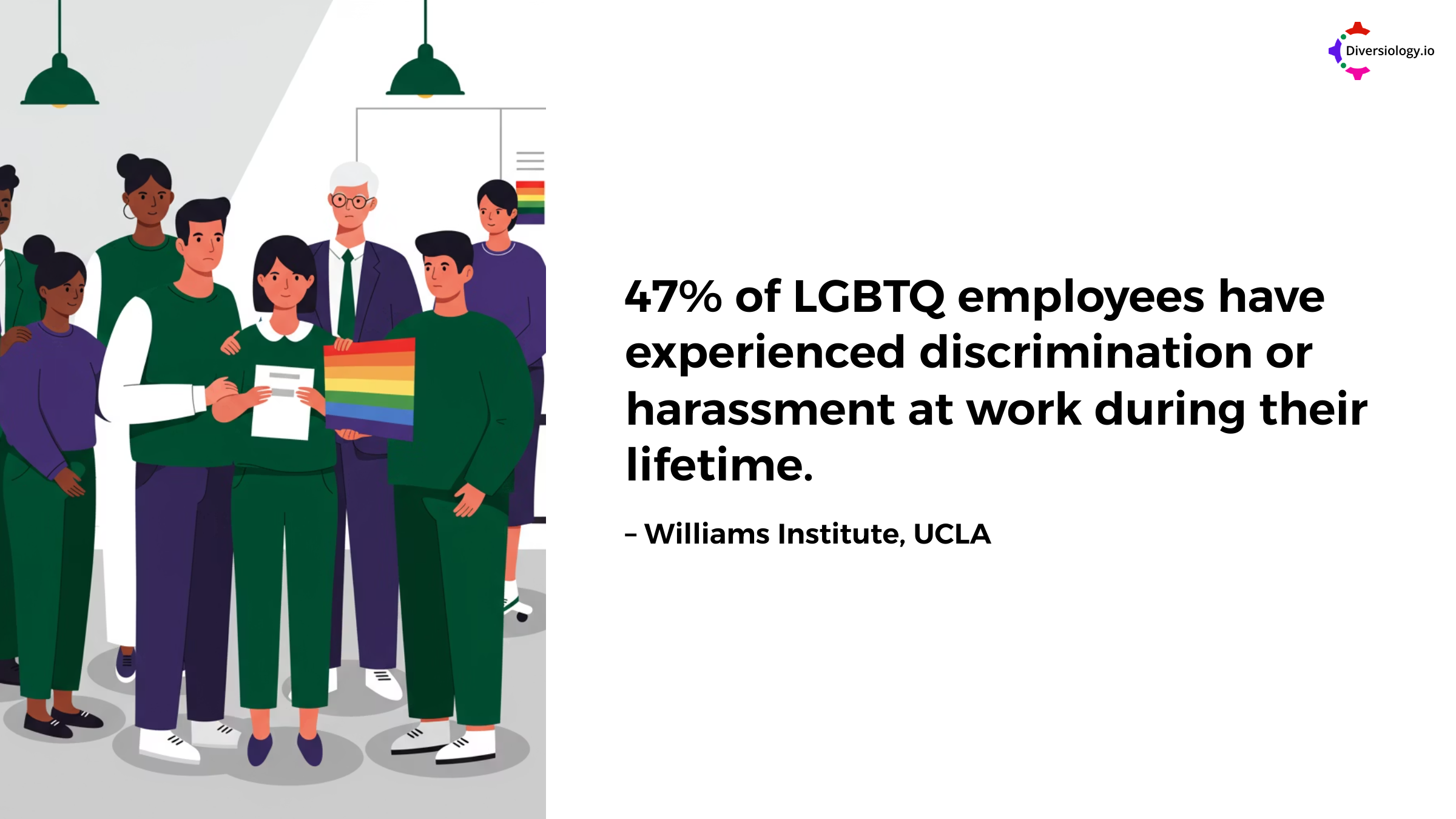
💬 Let’s Start With a Truth: Caregiving Never Stops—Even at Work
Too many workplaces still treat caregiving as a private issue—something employees should keep quiet or “manage on their own time.” But caregiving is not a sidebar to someone’s life. It’s central. And when work systems fail to account for it, they don’t just hurt caregivers—they reinforce inequity for everyone.
Caregiving is not just a life reality. It’s a workplace equity issue. And if we want to build sustainable, inclusive workplaces, we have to start treating it that way.
🚨 The Care Penalty Is Real—and It’s Not Equally Distributed
Let’s be honest about the dynamics:
- Mothers are penalized. They face slower promotions, missed opportunities, and assumptions about “lack of focus.”
- Fathers are praised. Visible caregiving often earns them credit for being responsible.
- Workers of color, especially women, are judged more harshly when asking for flexibility.
- Lower-wage employees risk job loss or financial instability when caregiving conflicts arise.
Caregiving isn’t rare. But the way we support it is—and that’s the problem.
🧠 When Work Is Built for Robots, Real People Lose
For decades, the “ideal worker” was imagined as someone always available, unaffected by life, and fully committed to the job above all else. That image has never reflected reality—especially for caregivers, parents, and people navigating invisible labor outside of work.
Workplaces that still reward “face time” over outcomes are unintentionally pushing caregivers—and anyone with full lives—out of opportunity.
Designing work for flexibility and care isn’t about lowering the bar. It’s about raising access.
🔄 Redesigning Work Starts With the Basics
Here are just a few ways to build equity through daily decisions:
- Make flexibility the norm, not a negotiation.
When flexibility is embedded into how the team operates, it removes stigma and reduces inequity. - Rethink meetings and expectations.
Avoid default scheduling during peak caregiving hours. Focus on outcomes, not availability. - Evaluate performance on results, not presence.
Availability ≠ commitment. Don’t confuse the two.
🤝 Allyship for Care Equity Starts With Everyone
You don’t have to be a caregiver to support care equity. In fact, non-caregivers have a powerful role to play in normalizing balance and pushing back on bias.
- Don’t assume people want to opt out. Ask.
- Interrupt bias in real time. If someone jokes about a teammate “checking out,” redirect with intention.
- Model sustainable work habits. Respect boundaries. Take your time off. Use your voice to show that care is not a weakness.
💡 What Happens When We Get It Right
Care-conscious workplaces aren’t just more compassionate—they’re smarter, more resilient, and more human.
✅ Lower turnover
✅ Higher engagement
✅ Better leadership pipelines
✅ More sustainable performance
✅ And yes, actual equity
This is not a parenting issue. It’s a workplace culture issue.
🔧 Ready to Design Work That Supports Real Lives?
OperateOS by Diversiology helps organizations move beyond DEI statements and redesign systems for real inclusion—including flexible work, care equity, and culture repair.
We don’t just talk values—we operationalize them.
👉 Schedule a demo to learn how OperateOS can help you build a culture where care doesn’t cost you your credibility.








